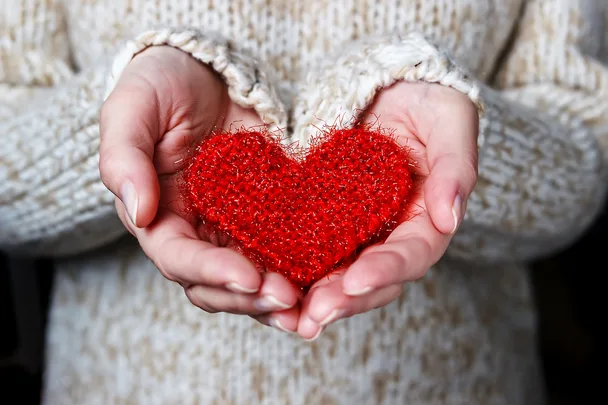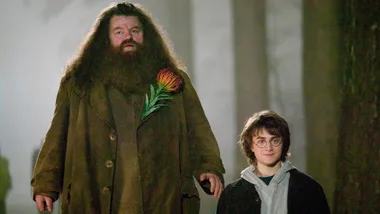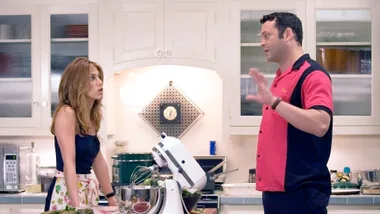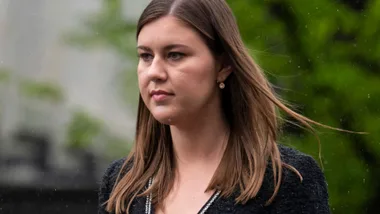World Kindness Day (November 13) was introduced in 1998, after a conference in Japan looked at ways to “see a kinder world realised in our lifetime”. The big idea was to boost our collective generosity and empathy. Nothing political, religious or commercial. Instead, to focus on connection, positive values and everyday actions, and consider how those things might increase wellbeing.
World Kindness Day (November 13) was introduced in 1998, after a conference in Japan looked at ways to “see a kinder world realised in our lifetime”. The big idea was to boost our collective generosity and empathy. Nothing political, religious or commercial. Instead, to focus on connection, positive values and everyday actions, and consider how those things might increase wellbeing.
Organisers say the purpose of WKD is to highlight and encourage good deeds in your community, and ask “what random acts of kindness will you do today?” These can be little things like smiling at a stranger or being there for a friend. Maybe you leave water out for the birds on a hot day, or feed a stray animal. Carry a neighbour’s shopping. Offer to look after your sister’s kids so she can go on a date. The possibilities are endless. What links them is the idea that kindness ripples outward. Cumulatively, these small acts might very well change the world.
In fact, kindness is proven to snowball. Psychologists at Stanford studied how witnessing kindness inspires kindness – “that people imitate not only the particulars of positive actions, but also the spirit underlying them.” So when you tell someone you have donated to a charity, that person is more likely to make a donation themselves.
Which brings me to my purpose in writing this. (Sorry, not sorry for having an agenda!) I’m an ambassador for Be Kind Sydney, an initiative of the Sydney Women’s Fund, designed to support local charities. During the lockdowns, many of these charities faced a huge surge in demand for their services, while it was harder than ever for them to fundraise. I’m hoping that by telling you about the power of kindness, you’ll be more inclined to donate on World Kindness Day.
You’d be forgiven for thinking that kindness fell out of fashion. Our dominant cultural narratives have defined success as power and money. Never mind keeping up with Joneses – the thing was to beat them.
The pandemic only seemed to make this worse. Patriarchy, colonialism and late-stage capitalism have delivered inequalities at monstrous scale, so that we now have a situation where eight billionaire blokes control half the world’s riches. Homelessness, male violence and political corruption seem to be constantly in the news. And that chasm between the superrich and everyone else? It keeps on widening.
But I’d argue that it is not the people, but the systems we live in that are unkind. And that seems to be changing.
Bad behaviour may dominate the headlines, but there are millions more good behaviour moments. See, for evidence, how Melburnian Catherine Barrett’s Kindness Pandemic Facebook group caught on last year. Today, it has over half a million members, drawn by the call to inspire others by sharing news of everyday kindnesses.
Today the talk has turned decisively towards purpose, sustainability, belonging – and, yes, to kindness too. Gen Z aspires to activism and community, while progressive governments are increasingly widening their lens beyond GDP as the marker of success, to create policy around sustainable wellbeing and happiness. Economists from Tim Jackson and Kate Raworth to Jason Hickell and Joseph Stiglitz are encouraging us to consider prosperity without growth, and even life beyond capitalism, which Jackson describes as “a place where relationships and meaning take precedence over profits and power.”
And did you know that nine in 10 people think Australia would be a better place if everyone did at least one kind thing a day? In other words: we’ve got this. We just have to do the work.
This weekend, we’re aiming to raise $1 million, to be distributed as grants to 100 local charities. They include the Asylum Seekers Centre in Newtown, which saw a 100% increase in clients seeking help during the pandemic; and projects like the Village Pantry, which gives out free, healthy food hampers to vulnerable families in Canterbury and Bankstown. Coming from a fashion background, one of my favourite charities is Dress for Success, which helps women who’ve had a tough time get back into the job market, by providing coaching and smart outfits for interviews. I love the idea of access to useful clothes as a potential kindness.
So this weekend – and every day, really – choose kindness over ambivalence, and community over the individual. It might just change Australia for the better.










